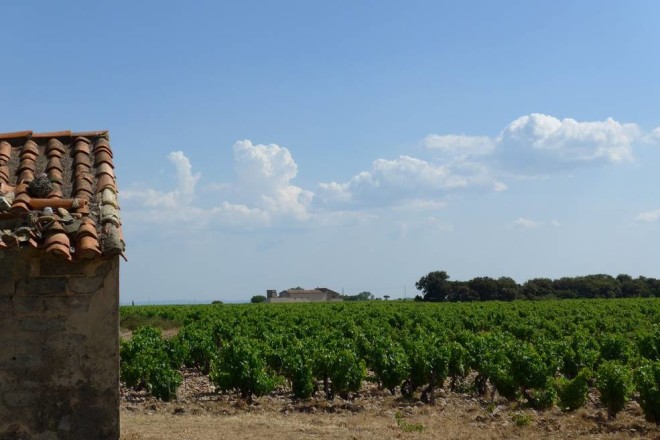Climate Change Shifting Wine Grape Harvests
- Share
- Tweet
- Pin
- Share

During a study of wine grape harvest dates from 1600 to 2007, researchers discovered harvests began shifting dramatically earlier during the latter half of the 20th century. These shifts were caused by changes in the connection between climate and harvest timing. While earlier harvests from 1600 to 1980 occurred in years with warmer and drier conditions during spring and summer, from 1981 to 2007 warming attributed to climate change resulted in earlier harvests even in years without drought.
The finding is important because higher-quality wines are typically associated with earlier harvest dates in cooler wine-growing regions, such as France and Switzerland.
“Wine grapes are one of the world’s most valuable horticultural crops and there is increasing evidence that climate change has caused earlier harvest days in this region in recent decades,” said Ben Cook, lead author and climate scientist at NASA’s Goddard Institute for Space Studies and the Lamont-Doherty Earth Observatory at Columbia University in New York. “Our research suggests that the climate drivers of these early harvests have changed.”
Indicators of wine quality, such as wine ratings, show the best years for grape harvest typically include warm summers with above-average rainfall early in the growing season and late-season drought.
“This gives vines plenty of heat and moisture to grow early in the season, while drier conditions later in the season shift them away from vegetative growth and toward greater fruit production,” said the study’s co-author, ecologist Elizabeth Wolkovich of Arnold Arboretum and the Department of Organismic and Evolutionary Biology at Harvard University, Cambridge, Mass.
The results indicate a fundamental shift in the role of drought and moisture as large-scale drivers of harvest time and wine quality. While warm temperatures have consistently led to earlier harvests and higher-quality wines, in recent decades the impact of drought has largely disappeared as a result of large-scale shifts in climate.
“Wine quality also depends on a number of factors beyond climate, including grape varieties, soils, vineyard management and winemaker practices,” Cook said. “However, our research suggests the large-scale climate drivers these local factors operate under has shifted. And that information may prove critical to wine producers as climate change intensifies during the coming decades in France, Switzerland and other wine-growing regions.”
The paper was published March 21 in the journal Nature Climate Change.
